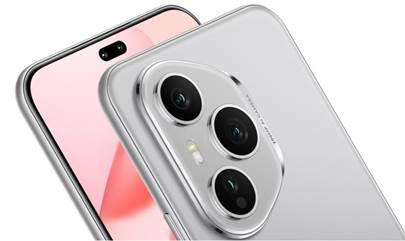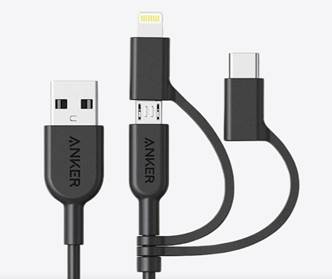Smartphones, such as the
HONOR X7c Mobile, are essential tools in
our daily lives, yet they are susceptible to wear and tear. Understanding the
factors that influence their longevity can help consumers make informed
decisions and take better care of their devices. This guide delves into equipment-specific
and environmental factors affecting smartphone durability and offers practical
tips to extend their useful lifespan. Recognizing these elements can not only
enhance user experience but also maximize the value of your investment in these
powerful gadgets.
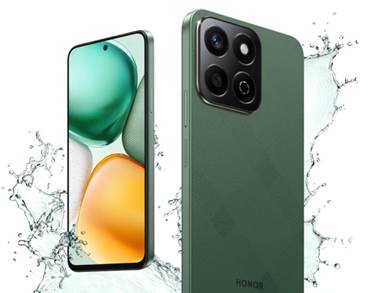
Equipment-Specific
Factors that Affect Durability
The durability of a smartphone is
largely dependent on its equipment-specific characteristics. These encompass
the build quality, materials used, battery performance, and the robustness of
its software support. These elements play a crucial role in how well a device
withstands daily use.
Build Quality and Materials
A smartphone’s build quality and
materials significantly impact its durability. Manufacturers often use a
combination of metal, glass, and plastic to balance aesthetics, weight, and
strength. The choice of material affects the phone’s resistance to drops and
scratches. For instance, devices with an aluminum or stainless steel frame tend
to be more robust compared to those with plastic. Corning Gorilla Glass, known
for its toughness, is frequently used for screens to prevent cracks during
accidental drops. Therefore, when purchasing a smartphone, examining its build
quality and materials can provide insights into its potential longevity and
strength.
Battery Performance and
Health
The battery is a critical component
that influences smartphone durability. It determines how long your device can
last on a single charge and affects the smartphone’s overall lifespan.
Manufacturers are now equipping phones with lithium-ion batteries, which are
more efficient and have a longer life cycle. However, consistent overcharging
or exposure to extreme temperatures can degrade battery health over time. Using
authentic chargers and enabling battery optimization settings can enhance
battery performance. Regularly updating the phone’s software also helps in
maintaining battery health, as updates often include improvements in battery
management.
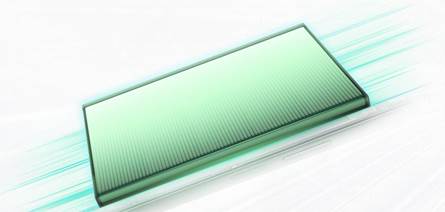
Software Support and Updates
Software support is essential for
maintaining smartphone longevity. Manufacturers release updates to improve
security, add features, and fix bugs, which enhance overall performance.
Regular updates ensure that devices run efficiently and stay secure against
vulnerabilities. However, older phones may not receive software updates after a
certain period, making them less secure and more prone to performance issues.
Before purchasing a smartphone, consider the manufacturer’s track record on
software support. Choosing a brand with a reliable update policy prolongs your
device’s operational effectiveness.
Environmental
Factors Affecting Durability
External environmental variables
also play a vital role in smartphone longevity. Understanding how factors like
temperature, water, and UV exposure affect durability is crucial.
Temperature and Humidity
Extreme temperatures can severely
affect smartphone performance. High temperatures can cause batteries to
overheat, reducing their lifespan. Meanwhile, freezing conditions can slow down
performance or cause the device to shut down. Humidity also plays a part as it
can seep into internal components, leading to corrosion or short circuits.
Keeping smartphones at room temperature and using moisture-proof cases can
mitigate these risks. Users should avoid leaving their devices in hot cars or
using them in very cold environments to maintain optimal performance and extend
longevity.
Protection Against
Water and Dust
Modern smartphones often come with
IP (Ingress Protection) ratings that indicate their resistance to water and
dust. While higher IP ratings (like IP67 or IP68) suggest better durability, no
device is entirely waterproof. Water and dust can damage internal components,
leading to malfunction. It’s advisable to avoid exposing your phone to extreme
conditions, even if it is advertised as water-resistant. Using waterproof or
dustproof cases provides additional protection. Understanding your phone’s
specific IP rating ensures you take appropriate precautions to safeguard
against environmental damage.
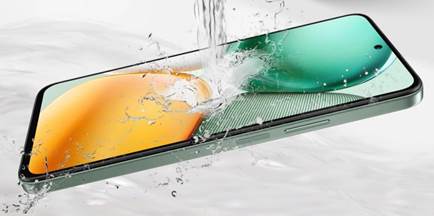
UV Exposure
Direct
exposure to sunlight can degrade the materials of a smartphone, impacting both
functionality and aesthetics. Prolonged UV exposure can cause the phone’s
screen to discolor or become brittle. It may also lead to overheating, which
affects internal components and battery life. To mitigate these effects, avoid
leaving your phone under direct sunlight for extended periods. Using protective
cases and screen protectors can also offer an additional layer of protection
against UV damage, helping to maintain your smartphone’s durability and
appearance.
Tips for Extending
Durability
Maintaining smartphone longevity
involves understanding and managing various factors. Practical measures can
significantly prolong your device’s life.
Regular Cleaning and Care
Routine
cleaning is essential to maintaining a smartphone’s functionality and
appearance. Dust, dirt, and fingerprints can accumulate on screens and in
ports, potentially causing performance issues. Use a microfiber cloth for
cleaning the screen and invest in a can of compressed air to gently clear
debris from ports. Avoid using harsh chemicals or abrasive materials that can
scratch or damage the device. Regular attention to these simple cleaning habits
ensures your smartphone operates smoothly and remains visually appealing over
time.
Importance of
Protective Accessories
Investing
in high-quality protective accessories can dramatically increase your
smartphone’s durability. Screen protectors shield the display from scratches
and impacts, while sturdy cases absorb shocks from drops or knocks. Consider
cases with raised edges to prevent screen damage when the phone is placed face
down. For an effective defense, ensure that any accessories purchased are
specifically designed for your smartphone model to guarantee a perfect fit.
While accessories may add some bulk, the safety benefits they provide are well
worth the investment.
Avoiding Overloading Storage
Overloading
a smartphone’s storage can lead to performance degradation, software glitches,
and a shorter overall lifespan. Running a device near its full capacity makes
it harder for the system to manage tasks efficiently, leading to slower
operation and increased wear. Regularly delete old files and apps that are no
longer in use. Utilize cloud storage for media files or invest in a device with
expandable memory options. Keeping sufficient free space will improve system
performance and contribute to extending the smartphone’s operational life.
Conclusion
Enhancing
smartphone durability and longevity involves understanding the various factors
that influence their performance. By focusing on construction quality, battery
and software health, and mitigating environmental impacts, users can make
informed choices about their devices. Implementing simple care routines and
protective measures further extends a smartphone’s useful
life. Smart management of these factors not only ensures the effective
functioning of your gadgets but also maximizes the value of your investment. A
resilient smartphone promises a longer and more reliable user experience.

